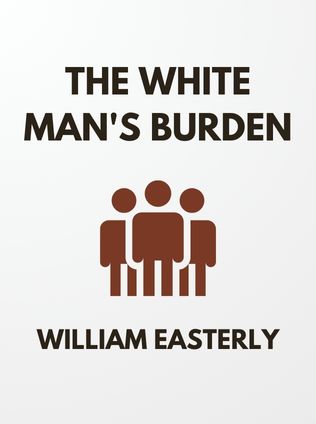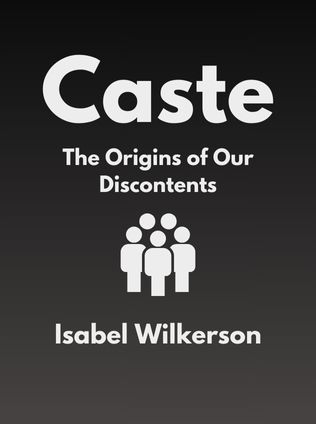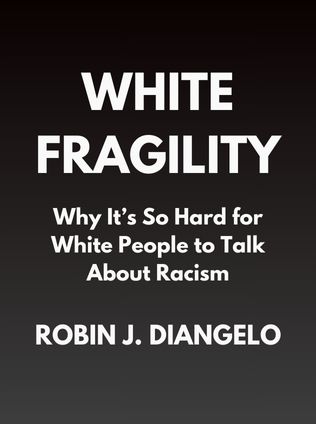
The White Man's Burden
Why the West's Efforts to Aid the Rest Have Done So Much Ill and So Little Good
By William Easterly
Published 03/2006
About the Author
William Easterly is an esteemed economist, professor at New York University, and a senior fellow at the Brookings Institution. His work primarily focuses on global development, economic policy, and the effectiveness of foreign aid. Easterly has been a vocal critic of the conventional approaches to international aid and economic development, arguing that many well-intentioned efforts have failed to produce meaningful results due to flawed methodologies and a lack of accountability. His book, "The White Man's Burden," delves deep into the systemic issues plaguing the global aid community, challenging the prevailing top-down strategies and advocating for a more localized, bottom-up approach. Easterly’s perspective is shaped by years of research and experience, including his time at the World Bank, where his outspoken critiques eventually led to his departure. His work has sparked widespread debate and has significantly influenced contemporary discussions on aid and development.
Main Idea
"The White Man's Burden" is a critical examination of the global humanitarian aid system, which William Easterly argues is fundamentally flawed. He contends that the top-down, centralized approaches favored by Western governments and aid organizations often do more harm than good, failing to address the actual needs of people in developing countries. Instead, Easterly advocates for a bottom-up model that empowers local communities and focuses on tangible, achievable goals. The book challenges the paternalistic mindset that underpins much of international aid and calls for a more respectful and effective approach to helping the global poor.
Table of Contents
- Why the Top-Down Aid Model Fails
- The Burden of Neocolonialism in Modern Aid
- The Promise of Bottom-Up Solutions
- Entrepreneurship and Local Economies
- The Limits of Imposed Free-Market Reforms
- Critique of the Humanitarian Bureaucracy
- The AIDS Crisis: Lessons in Mismanagement
Why the Top-Down Aid Model Fails
Easterly begins by critiquing the top-down model of aid distribution, which he argues is inherently flawed. He highlights the disconnect between the aid community and the actual needs of people in developing countries. According to Easterly, the $2.3 trillion in aid distributed by Western governments and NGOs since the 1950s has had little to no effect on reducing global poverty, improving mortality rates, or enhancing the overall quality of life in recipient countries. This failure, he suggests, stems from the aid community’s reliance on grandiose, centralized plans that overlook local realities and lack accountability.
Easterly introduces the concept of "organizational debt"—the accumulation of outdated policies, procedures, and structures that hinder progress. He argues that much of the aid community is burdened by this debt, which manifests in inefficient bureaucracies, slow decision-making processes, and a lack of flexibility in responding to new challenges. The result is a system that overpromises and under-delivers, often exacerbating the very problems it seeks to solve.
One of the most significant issues with traditional structures is that they fail to engage employees. When workers feel that they have little control over their work and are micromanaged by their superiors, they become disengaged and less motivated. This disengagement leads to lower productivity, higher turnover rates, and a general decline in organizational morale. Dignan contends that the key to reversing this trend is to give employees more autonomy and involve them in decision-making processes that affect their work. By doing so, organizations can tap into the intrinsic motivation of their employees, leading to higher levels of engagement and better overall performance.
- The $2.3 trillion in aid since the 1950s has had minimal impact on global poverty.
- Organizational debt in the aid community leads to inefficiency and a lack of responsiveness.
- The top-down model fails to address the specific needs and realities of local communities.
The Burden of Neocolonialism in Modern Aid
Easterly explores the neocolonial mentality that he believes underpins much of the Western approach to international aid. He draws parallels between contemporary aid practices and the colonial "civilizing missions" of the 19th century, where Western powers imposed their values and systems on other cultures under the guise of moral duty. This paternalistic approach, Easterly argues, persists in the modern aid community, where Western governments and organizations often impose solutions without consulting the people they are meant to help.
This neocolonial mindset, according to Easterly, is reflected in the actions of major international bodies like the IMF and the World Bank. These institutions often enforce free-market reforms and structural adjustment programs on developing countries, disregarding local contexts and the potential social and economic upheaval these policies can cause. Easterly contends that such top-down interventions are not only ineffective but also harmful, as they can destabilize economies, entrench poverty, and erode local governance structures.
Sign up for FREE and get access to 1,400+ books summaries.
You May Also Like
Rich Dad Poor Dad
What the Rich Teach Their Kids About Money - That the Poor and Middle Class Do Not!
By Robert T. KiyosakiFreakonomics
A Rogue Economist Explores the Hidden Side of Everything
By Steven D. Levitt and Stephen J. DubnerI Am Malala
The Story of the Girl Who Stood Up for Education and Was Shot by the Taliban
By Malala YousafzaiFactfulness
Ten Reasons We're Wrong About the World – and Why Things Are Better Than You Think
By Hans Rosling



















